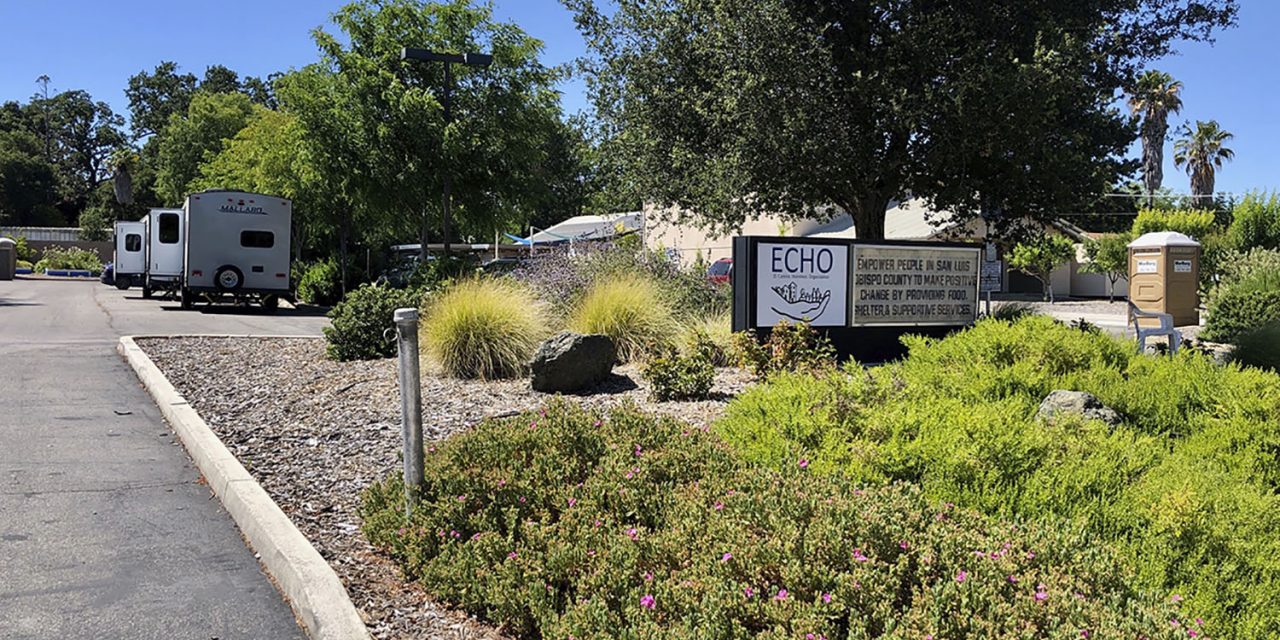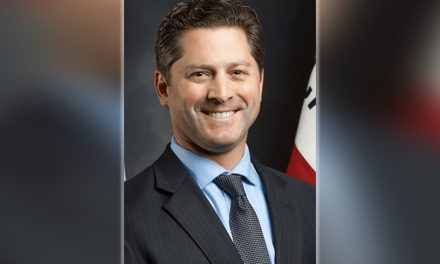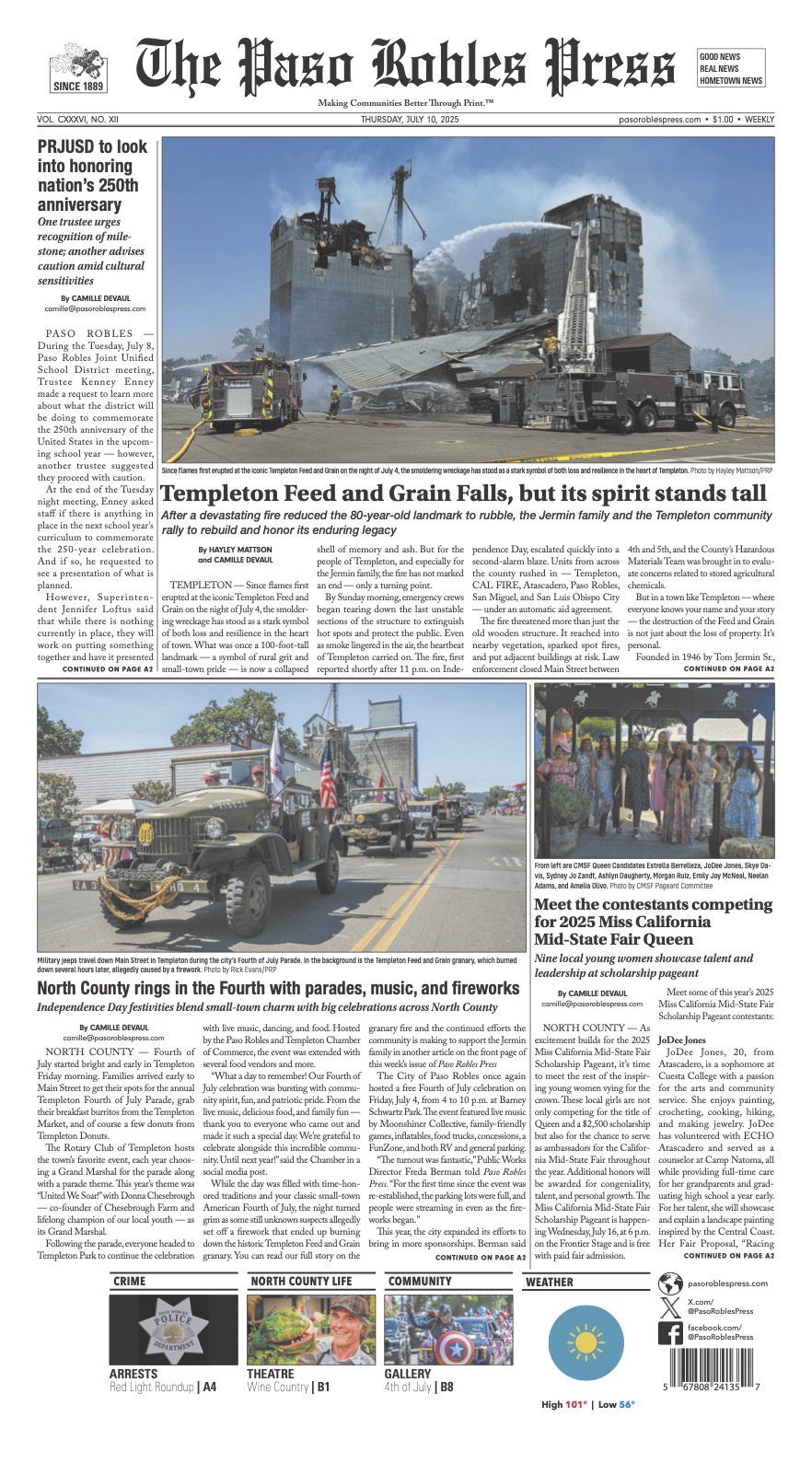The El Camino Homeless Organization received funding from both state and federal sources in response to the COVID-19 pandemic that will go toward a multitude of resources in the North County, including continued emergency outreach and a shelter in Paso Robles.
A portion of the money will keep ECHO’s emergency outreach program going. It was started as a result of the COVID-19 pandemic.
And ECHO will use some of the funds to bring a shelter for those struggling with homelessness to Paso Robles.
The funding is all COVID-19 response action, and apart from helping ECHO expand its services, it will also cover some of the expenses they have already taken on over the past few months while waiting for the money to arrive.
The emergency outreach program that was created to help those who aren’t physically coming into ECHO to get help by sending out advocates with bags of water, food, and sanitizer, among other things, will expand not only through Atascadero but to Paso Robles and Cambria.
“It will also help us expand our safety protocols for the current crisis but also looking forward at the long-term as well,” ECHO President Wendy Lewis said. “Right now at ECHO, we have two emergency trailers for isolation that the county is supporting for us that at some point will end. Part of that funding will be to buy an emergency trailer for ECHO as an isolation area.”
Apart from aiding existing programs that ECHO already runs, a large part of the funding is going toward opening both a permanent and temporary emergency shelter in Paso Robles, something both the City of Paso Robles and ECHO have been working on for several years.
For the past couple of years, the City of Paso Robles and ECHO have been in partnership through a HEAP, Homeless Emergency Aid Program, grant that provided the shelter with funds to help in Atascadero and to primarily find and establish a permanent refuge in Paso Robles.
Due to a drop in revenue that has arisen from the pandemic, the City of Paso Robles cut funding for the shelter with ECHO.
The influx of state and federal funding last week to ECHO has put the program back on track and even sped up the emergency shelter process, Lewis said.
Lewis tells The Atascadero News and The Paso Robles Press that they are actively looking for both land to build a shelter on or existing structures to refurbish and hope to be up and running as early as September.
“Unfortunately, there are some critical issues to look at like the recent fire that endangered the people down in the homeless encampments and people living in the community, so we want to see if we can help prevent that,” Lewis said.
The funding will also add a mobile shower and restroom, with two showers and two bathrooms to the shelter’s inventory as the pandemic has made access to restrooms much harder as public areas have been mainly closed.
As for the long-term, ECHO is looking at the past to prepare for the future. Following the last recession in 2008, the homeless population significantly increased, and with the economy in its current state, the shelter is expecting and preparing for another surge.
“We know that you can compare what’s on the horizon to the 2008 recession where homelessness increased about 40-45 percent. In the year or two that followed the recession, we anticipate something similar or maybe even more after this,” Lewis stated. “With COVID, the difference between this and 2008, is that 2008 hit many sectors, but COVID hit almost every sector, so we do anticipate an increase, so we hope to be able to provide direct aid with the funding.”
People wishing to donate time or money to ECHO can visit its website at echoshelter.org/.















